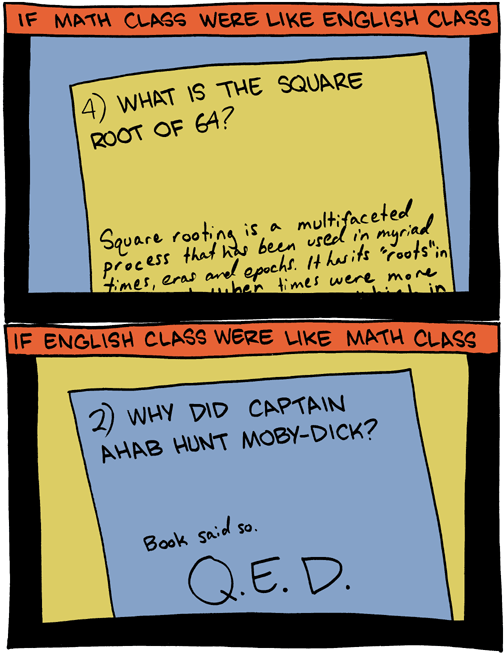Moo und Bedeutung
If you read German or Dutch, you may be interested in the recent spate of articles about the newly-compiled Cow/German Dictionary. I'll wait to comment until after the BBC has scrutinized the story.
No, really, I'll wait until after today's meetings are over, and I've caught up with a few chores after taking the red-eye home last night from Albuquerque via Phoenix. Anyhow, I'm guessing that the dictionary's author, Gerhard Jahns, didn't get a press release into the channels that the BBC reprints…
In fact, Dr. Jahns' research seems to be a serious and long-established project that has reached a new stage, rather than the cheese-company PR stunt behind the BBC's previous cowlingual scoop. At an earlier stage, Jahns' work got extensive coverage back in 2002.



